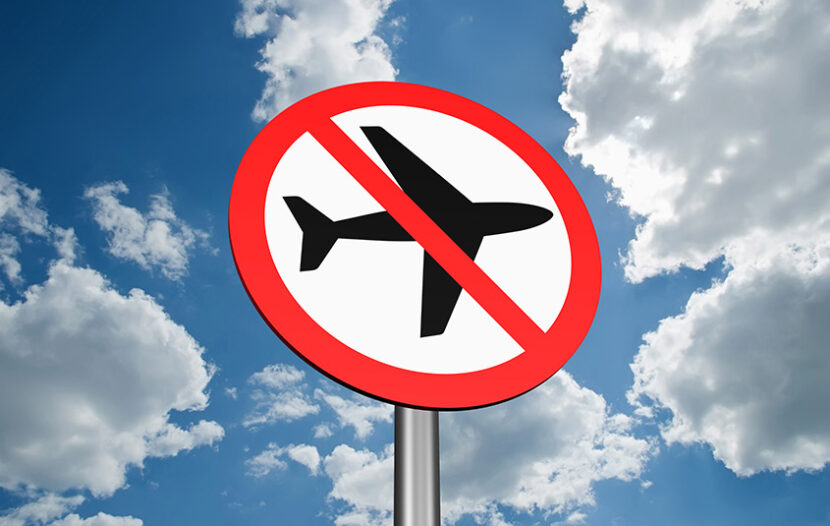GENEVA — IATA is calling on governments to follow the WHO’s advice and immediately rescind travel bans that were introduced in response to the omicron variant.
“After nearly two years with COVID-19 we know a lot about the virus and the inability of travel restrictions to control its spread. But the discovery of the omicron variant induced instant amnesia on governments which implemented knee-jerk restrictions in complete contravention of advice from the WHO – the global expert,” says IATA’s Director General, Willie Walsh.
He adds that public health organizations, including the WHO, have advised against travel curbs to contain the spread of omicron: “Blanket travel bans will not prevent the international spread, and they place a heavy burden on lives and livelihoods.
As reported yesterday, the UNWTO is also speaking out against travel bans, and here at home, travellers dealing with Canada’s new quarantine rule for arrivals via Canada’s 10 omicron watch-list countries are reporting a dire lack of communication and delays in quarantine release sign-off.
IATA is urging governments to reconsider all omicron measures.
“The goal is to move away from the uncoordinated, evidence absent, risk-unassessed mess that travellers face. As governments agreed at ICAO and in line with the WHO advice, all measures should be time-bound and regularly reviewed. It is unacceptable that rushed decisions have created fear and uncertainty among travellers just as many are about to embark on year-end visits to family or hard-earned vacations,” said Walsh.
Governments should implement commitments that they have made through ICAO, ie. a multilayer risk management strategy for international civil aviation, which is adaptable, proportionate, non-discriminatory and guided by scientific evidence, adds Walsh.
“Despite this clear commitment, very few governments have addressed early over-reactions to omicron. With the European CDC already signaling that a de-escalation of measures will likely be needed in the coming weeks, governments must urgently put actions behind the commitments that they made at ICAO,” he said.
“Once a measure is put in place, it is very challenging to get governments to consider reviewing it, let alone removing it, even when there is plenty of evidence pointing in that direction,” Walsh added. “That is why it is essential that governments commit to a review period when any new measure is introduced. If there is an over-reaction -as we believe is the case with omicron – we must have a way to limit the damage and get back on the right track. And even in more normal circumstances, we must recognize that our understanding of the disease can grow exponentially even in a short period of time. Whatever measures are in place need to be constantly justified against the latest and most accurate scientific knowledge.”

